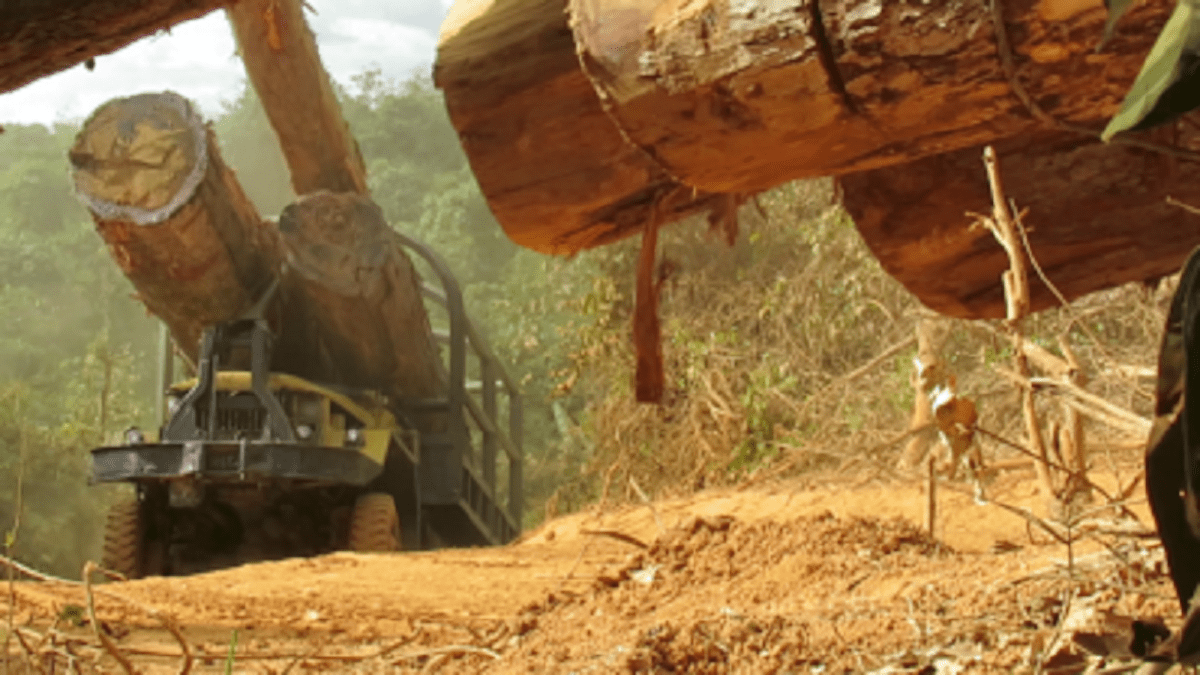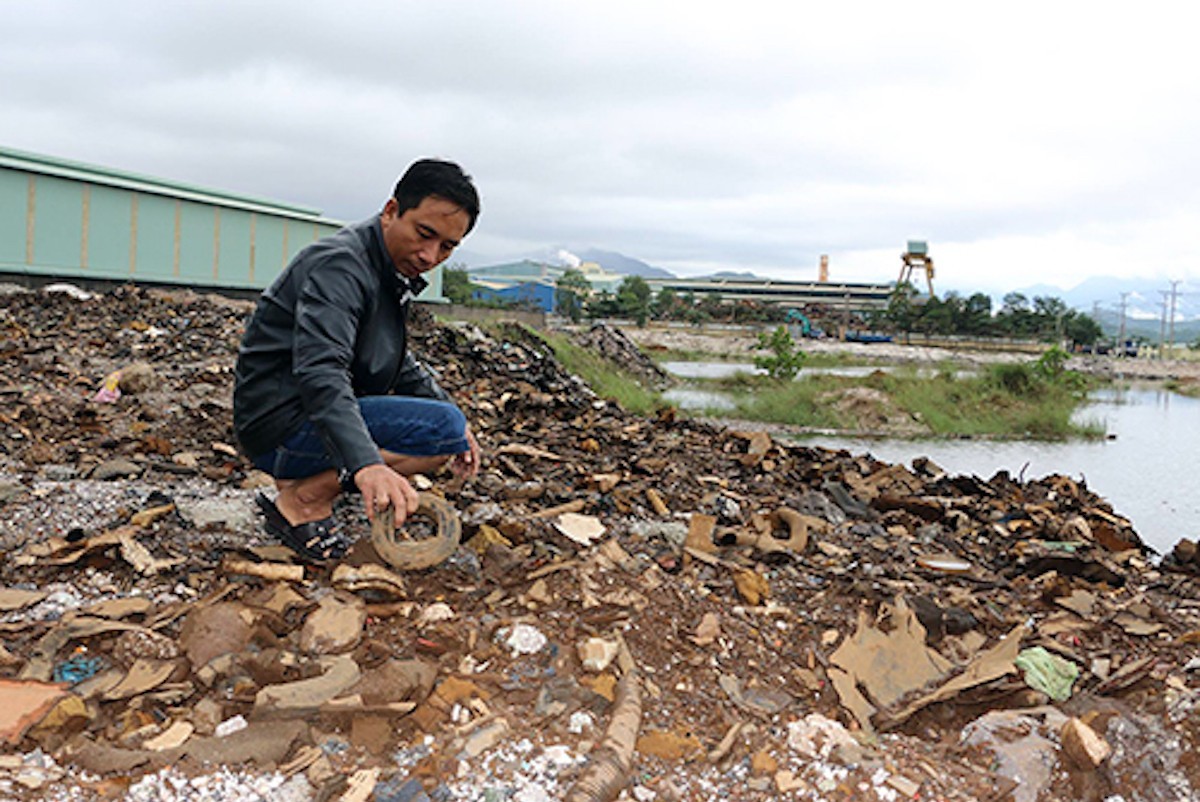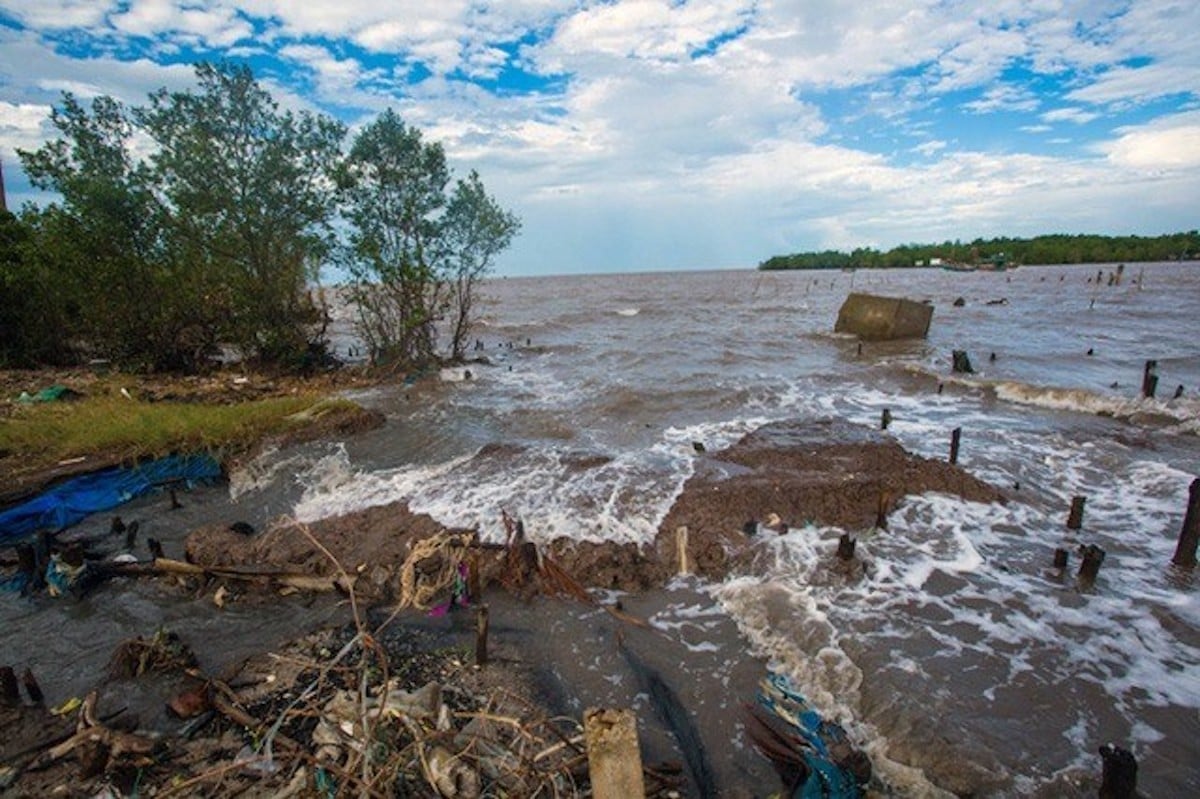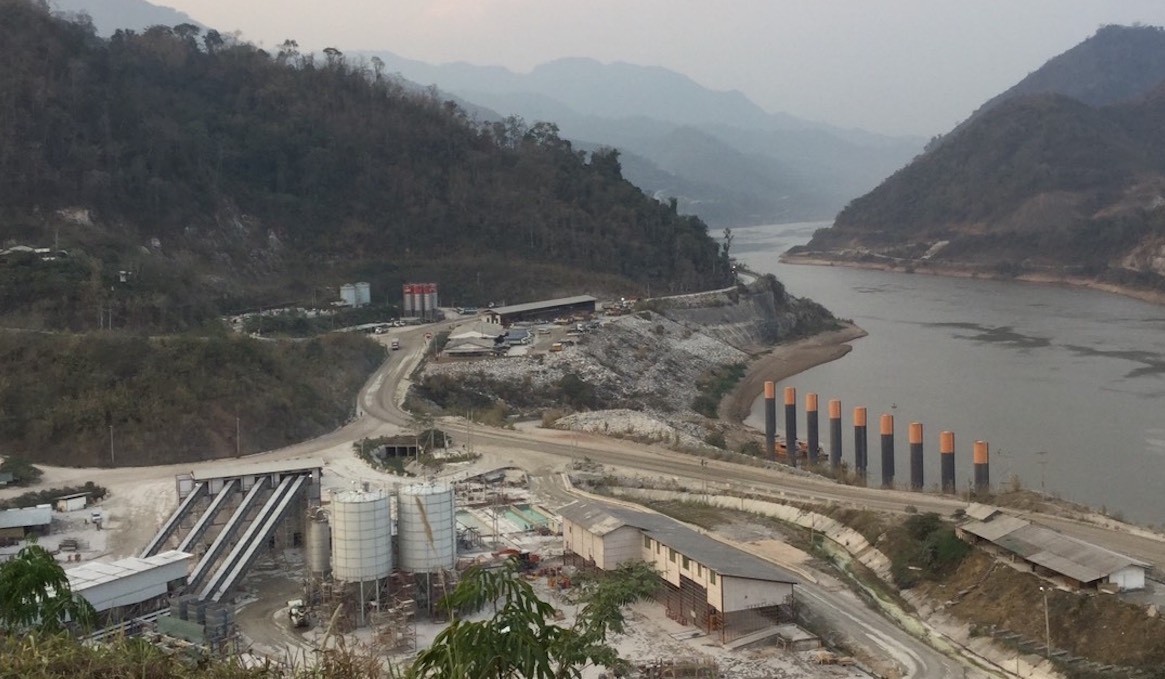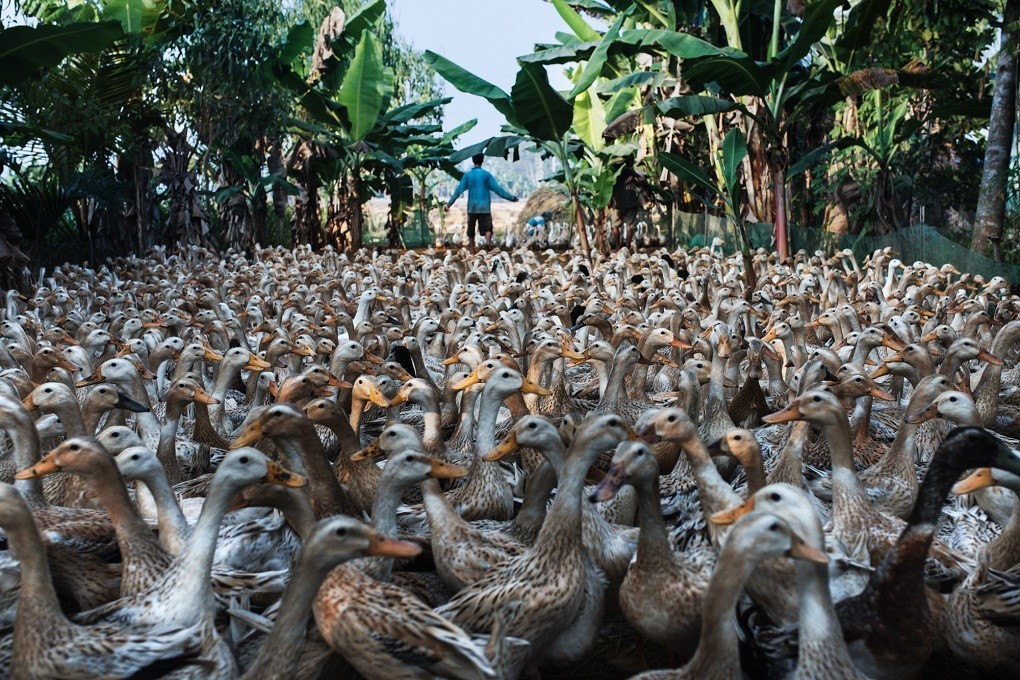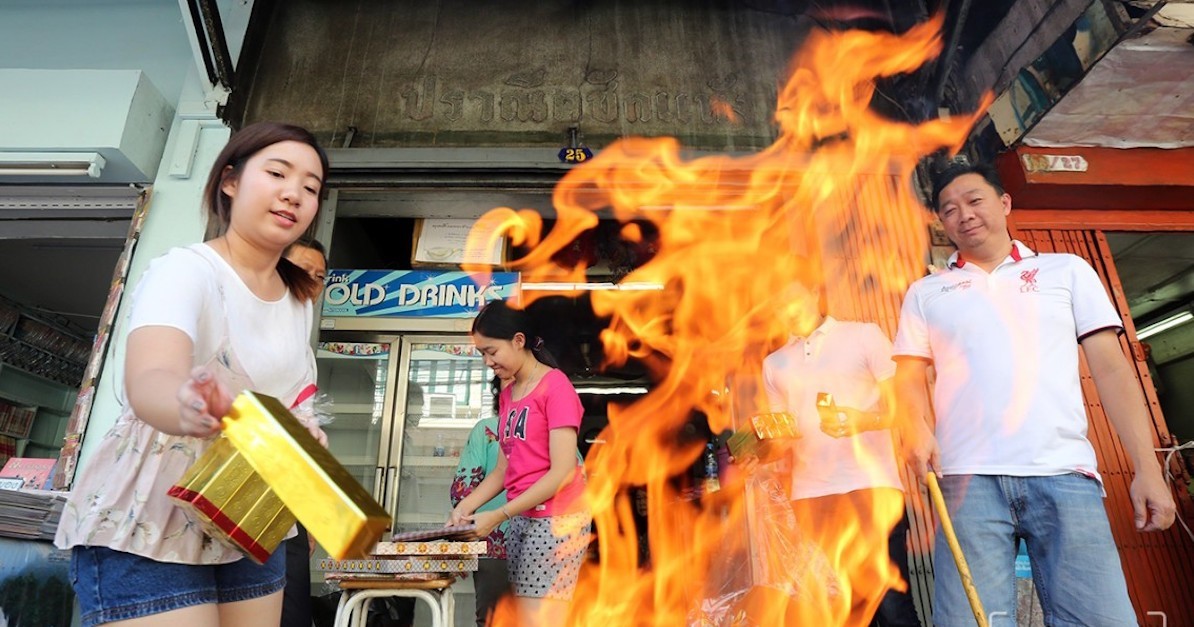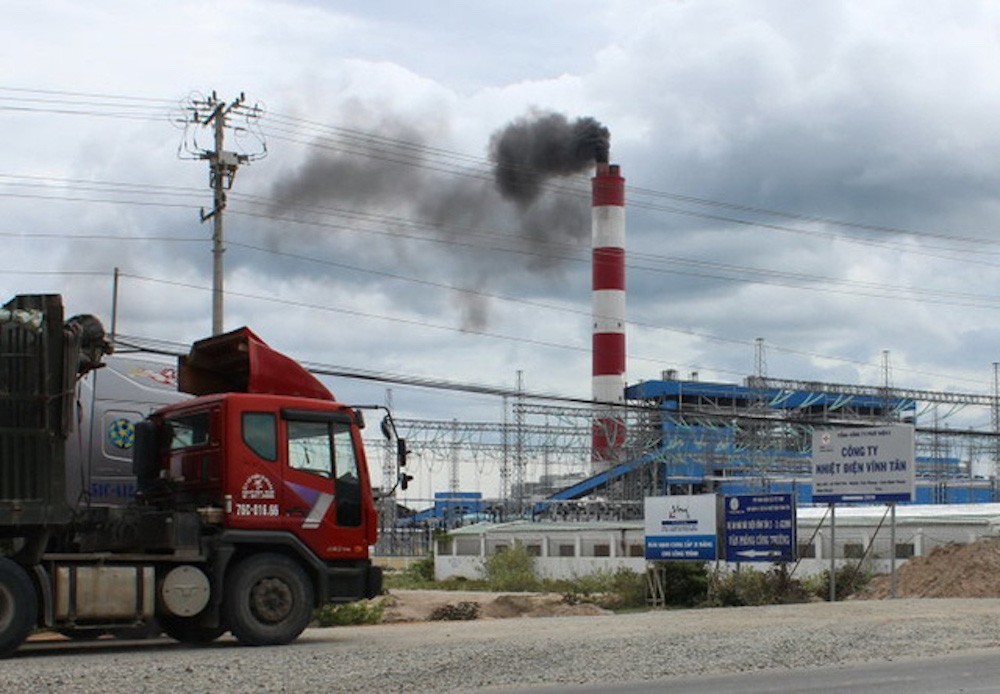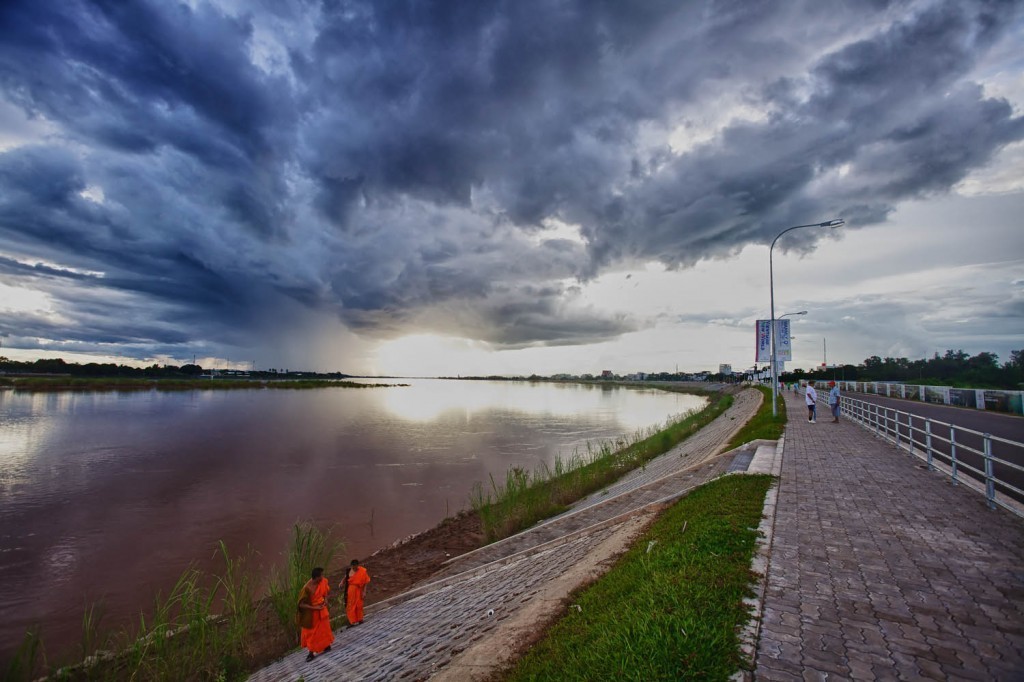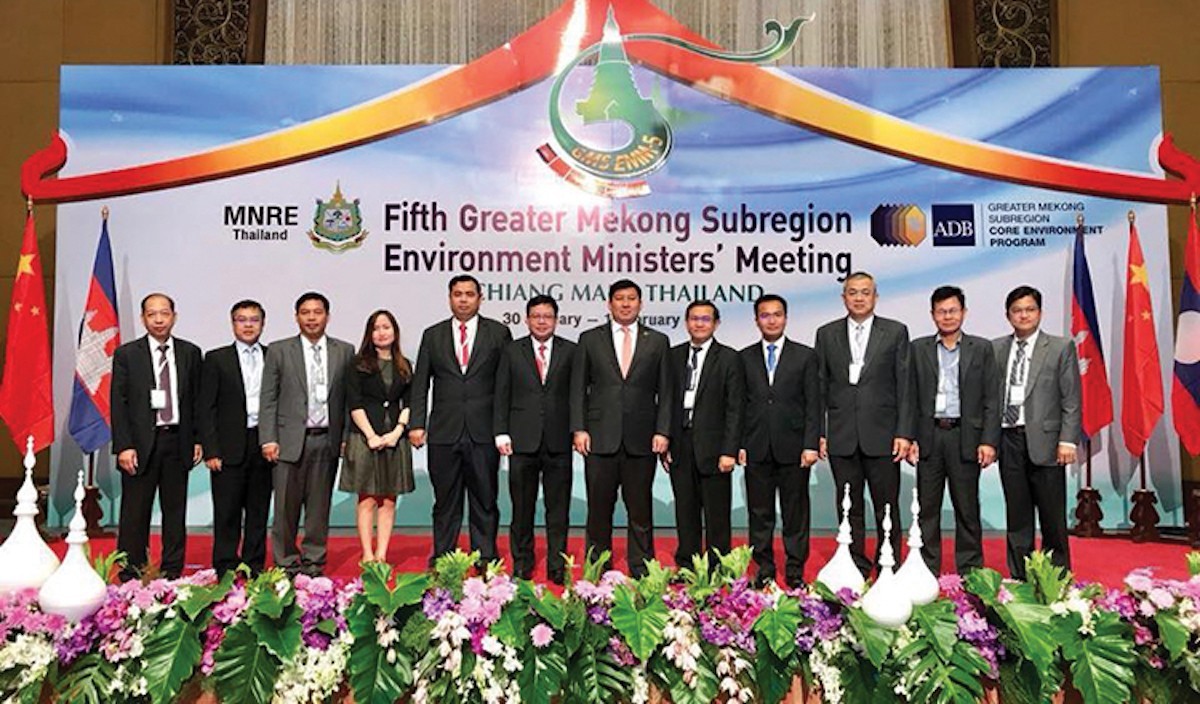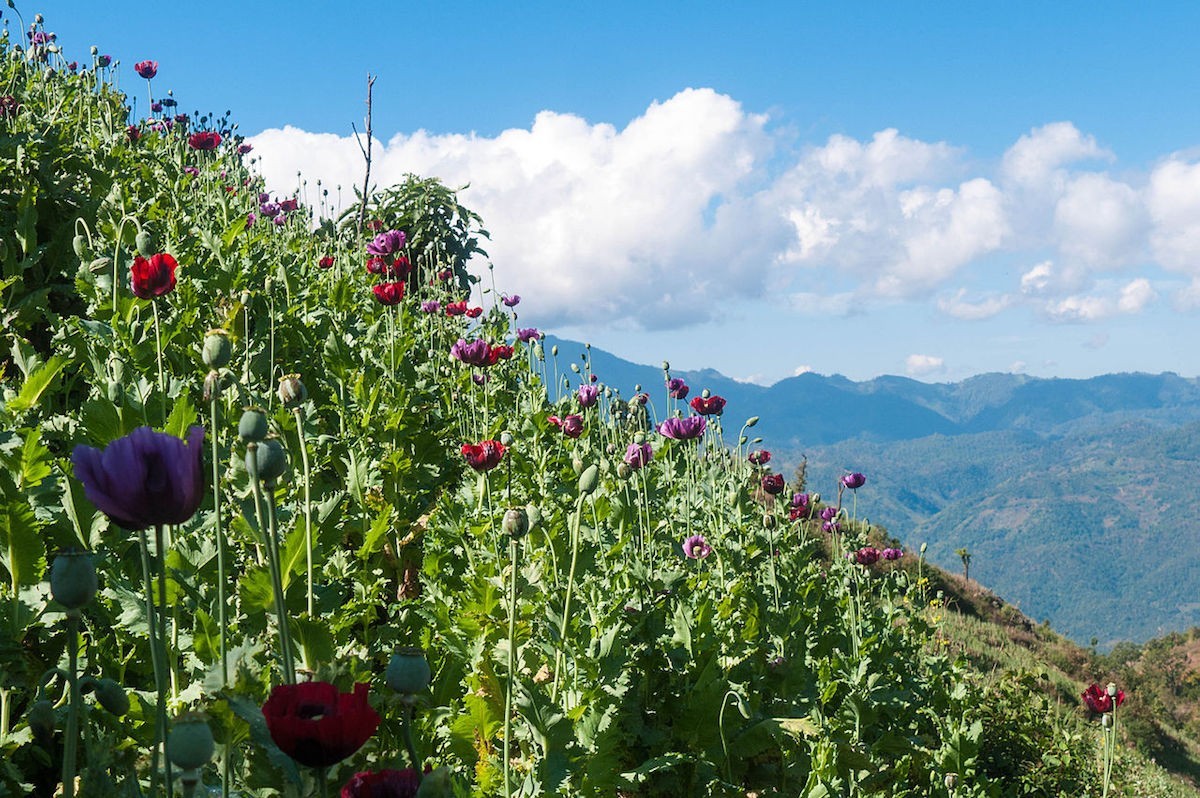Despite official pledges to halt the trade, smugglers in Cambodia and Laos are finding ways to illegally ship timber to Vietnam. The precious hardwood is often used in furniture factories that ship their products largely to China.
Category: Viet Nam
Hundreds protest against polluting steel factories in central Vietnam
Hundreds of people have been protesting outside two factories in Da Nang since Monday night demanding authorities fulfill their promise to relocate people from the polluted area.
Sediment loss in Mekong River killing southern delta
A recent study finds that the Mekong River’s sediments arriving down the Cuu Long Delta fell from 65 to 75 percent compared to the total in the 1990s, and by half over the last few years.
Research: Greenhouse gas emissions of hydropower in the Mekong River Basin
The Mekong River Basin in Southeast Asia is undergoing extensive hydropower development, but the magnitude of related greenhouse gas emissions (GHG) are not well known.
The price of productivity
The growing use of pesticides and chemicals to boost crop yields in Vietnam has led to an unfolding environmental and health crisis across the Mekong delta
Should Vietnam abandon custom of burning paper offerings?
But in recent years, the practice has become associated with wastefulness, fire hazard and environmental concerns, with pollution becoming a major public health issue in Vietnam’s biggest cities.
Global coalition petitions to end fossil power in Vietnam as deadly future looms
Coal power pollution could increase CO2 emissions in Vietnam by 20 times and doom global efforts to curb warming.
Dams, Data and Decisions
This ‘Dams Observatory’ tracks all hydropower dams that are larger than 15 megawatts installed capacity, and/or those with a reservoir area of 0.5km2 or larger.
$540m Mekong project endorsed
GMS Environment ministers endorsed a five-year environment agenda that includes more than $540 million worth of projects to spur green investments and increase environmental cooperation.
Drug production in Laos and Myanmar still a major threat
As long as farmers can make more money from opium poppy than from other crops, the problem will continue. And as long as criminal groups can act with impunity in permissive environments, nothing will change.


